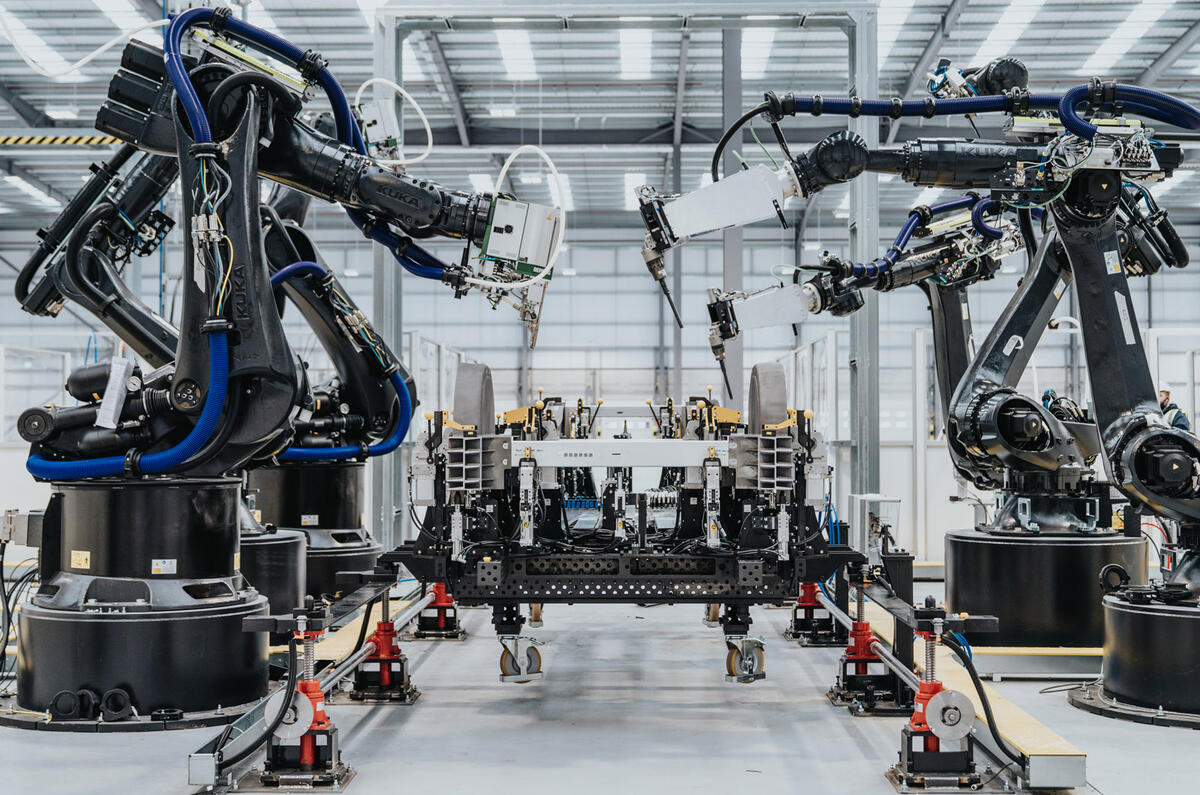Recycled materials will start to become widely used in electric car batteries from the end of the next decade, an industry leader has told the latest Autocar Business webinar.
Isobel Sheldon, chief strategy officer at battery manufacturer Britishvolt, said the industry is looking to figure out a way of reusing materials, such as cobalt, to reduce the amount that is dug up from the ground, as the sector looks to be more sustainable.




Add your comment